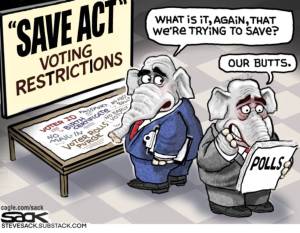Scams abound after storm
Published 8:11 pm Friday, November 16, 2012
Long before Hurricane Sandy slammed into the Northeast with devastating winds and drenching rain, opportunistic con-artists were busy setting snares to trap unsuspecting victims. Because the National Weather Service recycles hurricane names every six years, the related domain names for future hurricanes including next year’s storms (which will begin with Andrea and end with Wendy) have already been claimed. While no one can predict when a storm might pack the life-altering intensity of an Andrew, Katrina or Sandy, their corresponding online domains stand ready to be activated at a moment’s notice to begin collecting money for possible relief efforts.
Sadly, there’s no way to know if the registered domains represent a legitimate or a non-existent charity. Over 1,100 Internet addresses related to Hurricane Sandy have already been registered using the terms “relief, hurricane, storm and aid.”
Unfortunately, there’s more than a fair chance that some of the money donated through these sites will go straight into the pocket of a con-artist or scammer. These folks have no intention of sharing the money they’re collecting with storm victims and may actually be using this ruse to gather bank or credit card information for future use or identity theft.
•The folks at the Better Business Bureau have established a Wise Giving Alliance to help track legitimate charities. They offer the following recommendations to folks interested in financially supporting relief efforts:
First, they advise donors to be skeptical.
Never give out personal information such as credit card or bank account numbers to anyone soliciting money over the phone. Hang up if you feel pressured or if you’re offered a gift in exchange for your donation.
Never send cash through the mail or hand it over to anyone at your door or collecting near a store or on a street corner.
Be wary of unsolicited spam messages from online charities as well as social media links that claim to be relief organizations. It’s best to engage directly with a familiar charity or organization with an established track record and trusted reputation.
Finally, do your homework and verify that the money you’re sending is actually going to the region you’re trying to help.
Sadly, there is more than one victim when a con-artist steals from a legitimate charity. Kind-hearted individuals who are trying to help may end up victims themselves as those in desperate shape continue to suffer.


